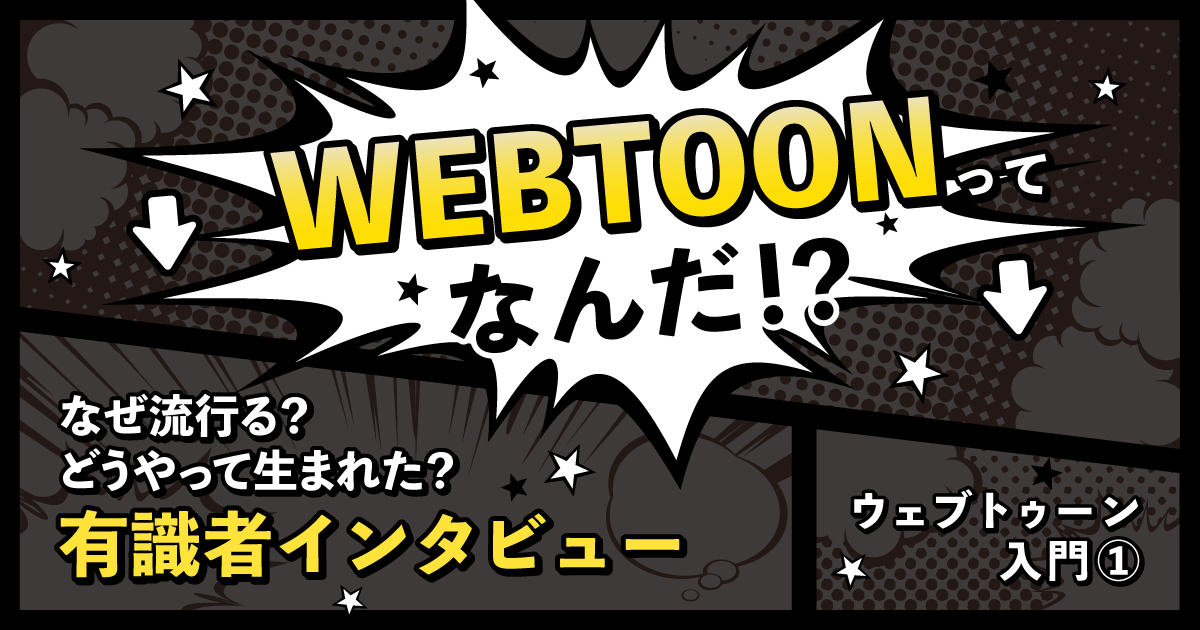"Lookism" and "Viral Hit" creator T.Jun reveals what makes a compelling webtoon - Going worldwide wasn't a conscious choice?!
Article written and interview conducted by Ichibo Harada

Originating in South Korea, webtoons are digital comics that are characterized by their vertical format and full-color images, which make them ideal for enjoying via smartphone. Many webtoons have gone on to be adapted into smash-hit live-action dramas, contributing to the art form's global success. While webtoons have gained traction in Japan, even inspiring the establishment of production studios and the like, many people still regard them as a new, unfamiliar phenomenon.
We recently got a chance to talk to T.Jun, one of South Korea's most popular webtoon authors. He's perhaps best known for Lookism, which has been adapted into Netflix anime series, and Viral Hit.
What's the secret behind creating popular webtoons? In this interview, we learned about this author's dedication to creating engaging content.
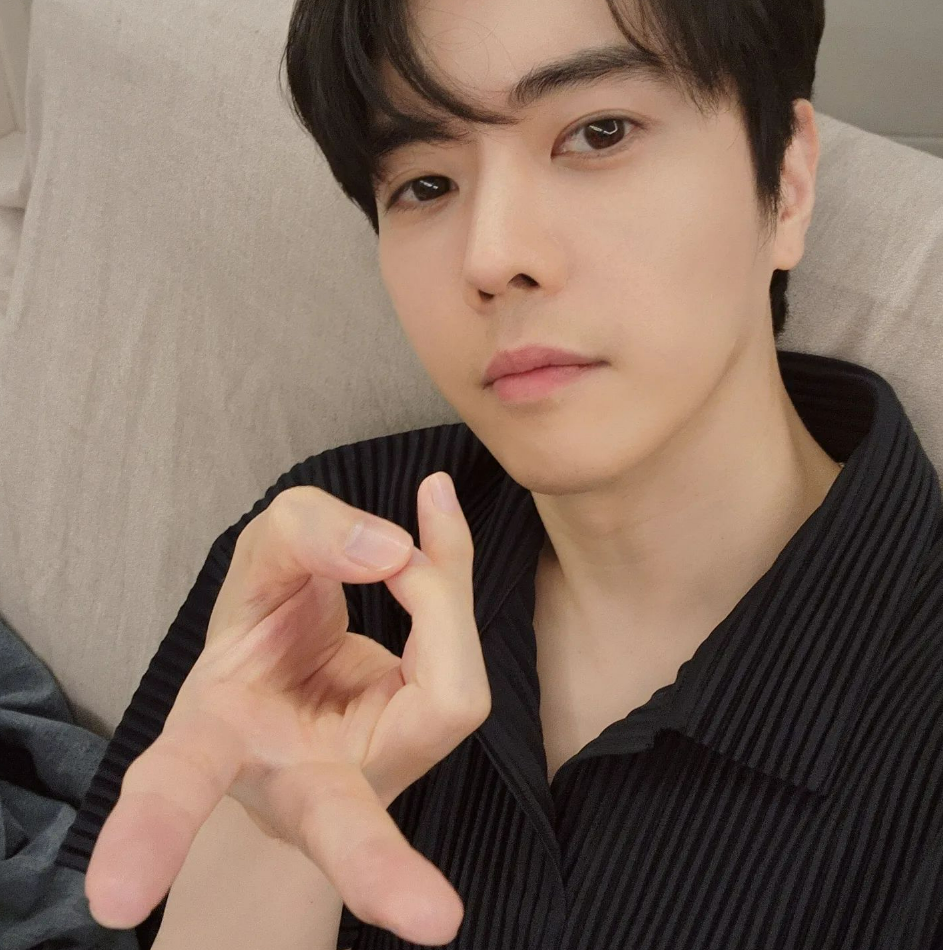
- T.Jun
- Korean webtoon author. His works include Lookism, Viral Hit, My Life as a Loser, Hannamdong K House, and Questism. Translated into many languages, his work is popular both in Japan and internationally. He also works as a webtoon producer and mentors younger artists at PTJ Comics, of which he is the president. Before his debut as a mangaka, he worked as a TV personality.
Webtoons and social media are rivals in the age of the smartphone
── Thank you very much for joining us today. First, could you tell us about the development scale of your works?

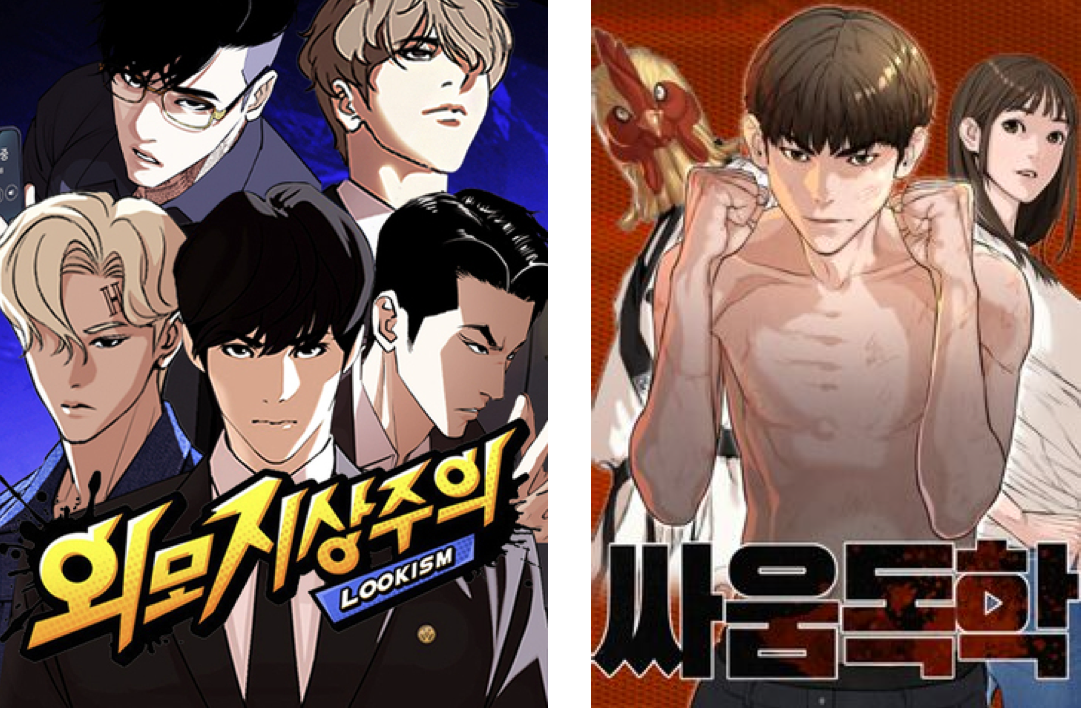
── Why do you think South Korean webtoons are attracting so much global attention?

Manga that can be read vertically is far from a new concept, but the rise of smartphones was a major factor in their recent popularity. Since we live in an age when anyone can easily access the Internet at any time, content that can be consumed in a short period of time (including webtoons) has seen a rapid boost in popularity. In this regard, an extreme amount of luck may have been on the webtoon industry's side.
Because both markets revolve around smartphones, I believe that webtoons' direct competitors are Facebook, Instagram, and videos that people view on their phones.
My challenge is to find a way to get people who are looking at social media and videos to read webtoons.
── Aside from their full-color pages and vertical-reading style, webtoons are also known for often being created through a division of labor system. What role do you play in the production process?

── How do Korean webtoon artists usually make their debut?

── How did you make your debut?

Becoming a mangaka was a dream of mine ever since I was a kid. By the time I grew up, however, the Korean manga publishing industry was in a bind (manga piracy was becoming an increasingly serious issue, and publishers and authors were suffering greatly), and I figured even if I made it as a mangaka, I'd struggle financially. Coming from a poor family, how I would make money was a big concern of mine. I told myself, "First I'll get rich, then I'll become a mangaka," so I began working another job.
However, as the webtoon market expanded, so did the opportunities to become a mangaka. I submitted my work to a webtoon platform for aspiring artists and someone approached me, which led to my debut. I had hoped to debut by the time I turned 60 at the very latest, but I was able to reach my goal a lot sooner than I thought.
Working as a webtoon editor
── In the Japanese manga industry, editors are mainly in charge of offering advice to the authors and managing their schedules. Are there any similar positions in webtoon production?

── Do webtoon editors belong to their publishing platform, like magazine editors?

── As an author, do you have your own editor?

Poverty and lookism; real-life experiences make content more relatable
── Nowadays, people from all over the world read webtoons. Do you consider your international audience when creating new comics? Have you ever given up on certain themes or stories because they'd be difficult to translate into another language?

── Your manga's action scenes are one of their most appealing aspects. Have you ever practiced martial arts yourself?

No, I learned martial arts from Japanese manga. (laughs) However, a minimum amount of research is required. I sought advice from an MMA fighter so I wouldn't wind up making the characters too unrealistic.
── Your work often portrays themes such as poverty and lookism. Do you have any particular ties to these issues?

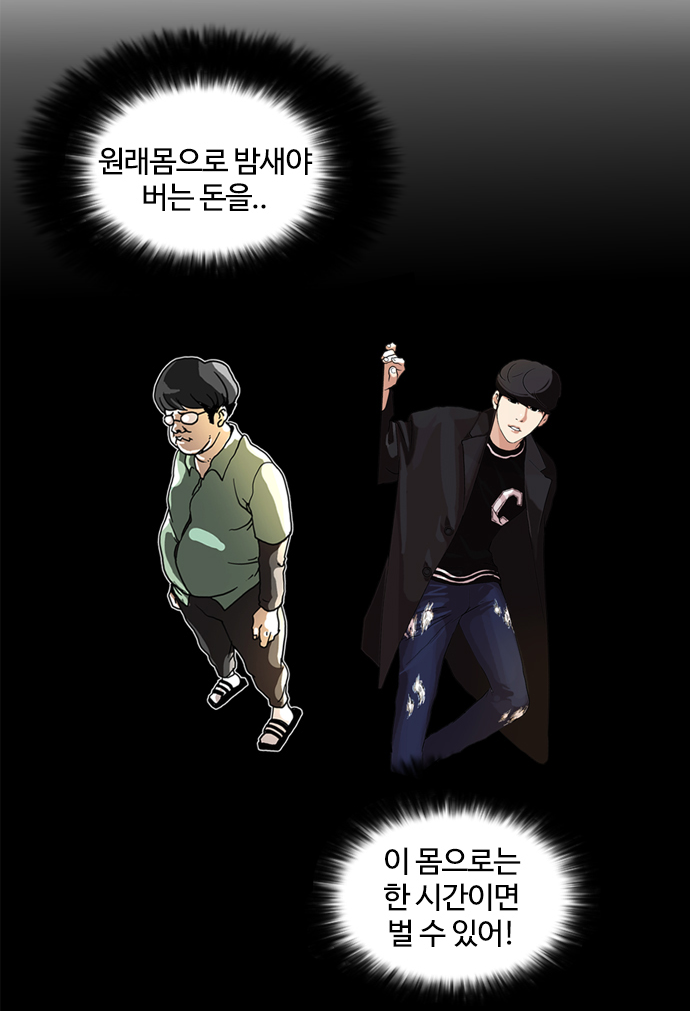
── Do you create all of your comics from scratch? Or does the platform come up with the main idea, which you then expand on?

A strong idea is the foundation that makes a story interesting from beginning to end
── What do you think are the most importantvaspects of planning a project?

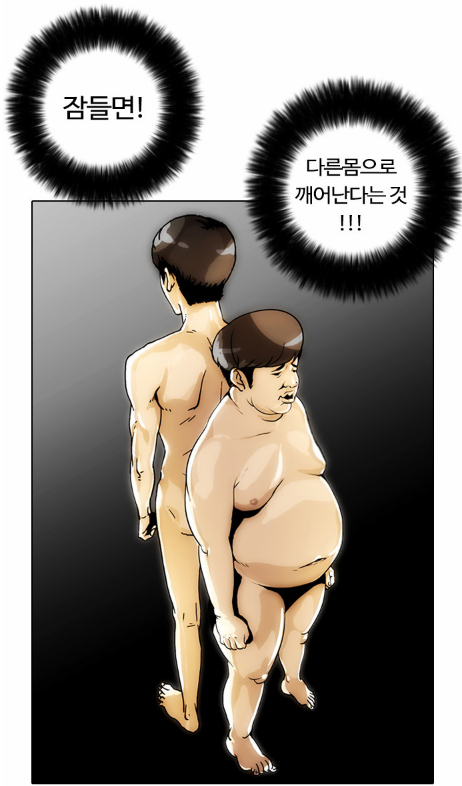

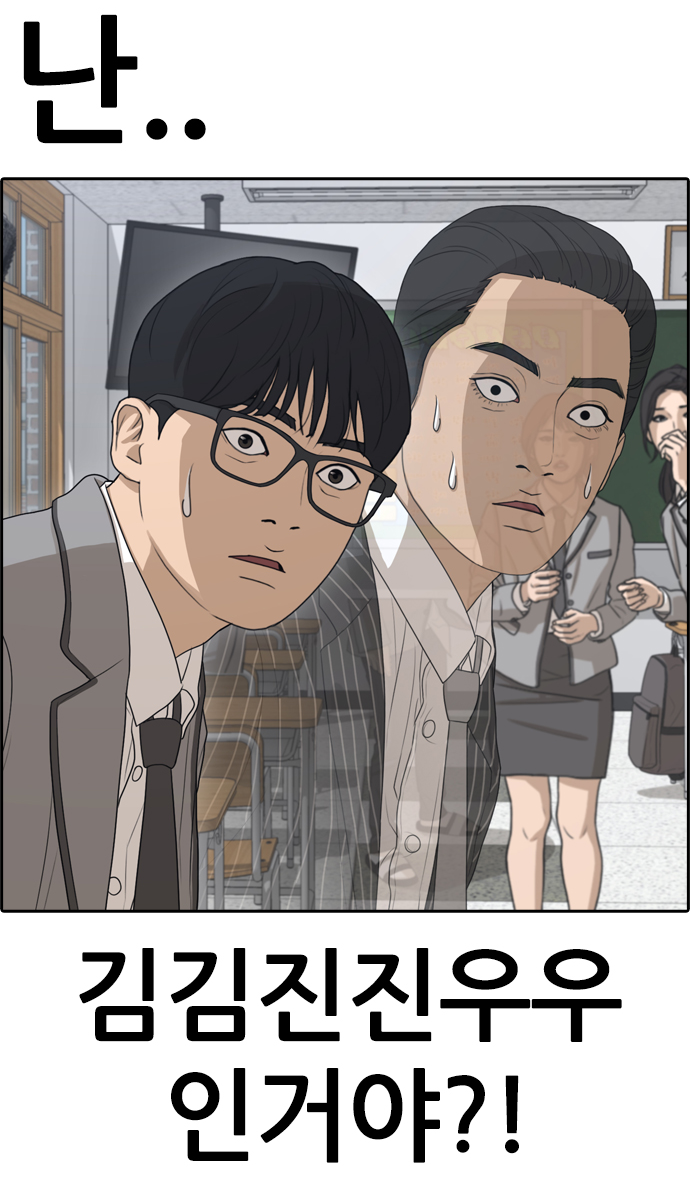
── In Viral Hit, the main character is a bullied kid who challenges a thug to a fight and broadcasts it online, which leads him to start a video channel. Bringing the element of video distribution into a fighting manga struck me as very modern. Was this idea born from a marketing perspective, given the current popularity of video streaming? Or did you simply find the concept intriguing?

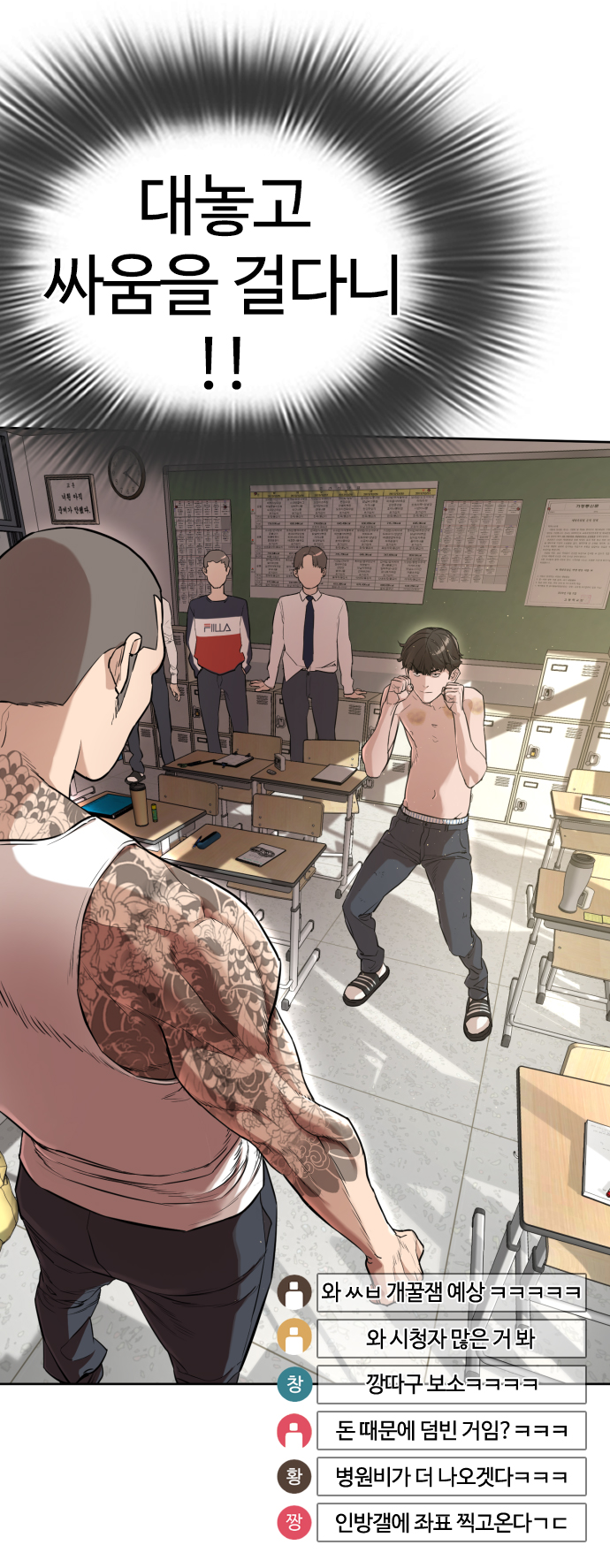

The delicate balance between authorship and commercial potential
── I bet there are times when the serialization of a story gets longer and longer due to reader response. Do you consciously create stories that can easily respond to such needs?

── Every platform includes a comment section under each work. Have you ever changed the course of your works based on reader feedback?

── Some argue that the current webtoon industry is so focused on page views that there is no room for creators to express their individuality. What are your thoughts on that?

How webtoons are made at PTJ Comics
── Could you tell us how webtoon production works at your company, PTJ Comics?

Webtoon production can happen in four different ways. One, T.Jun collaborates with an author not affiliated with the company. Two, T.Jun collaborates with another author from PTJ Comics. Three, members of PTJ Comics work together without my involvement. And four, PTJ Comics acts as a distribution agent for existing works.
Since PTJ Comics is led by an active author like myself, I'm proud to say that we have more experience creating works and understanding the concerns of artists than any other company.
── Your system has shifted from one with a single head producer to one with a chief producer, who is effectively in charge of project management and works under the producer.

── Japan is slowly moving toward producing its own webtoons, and I believe the key will be to increase the number of editors and writers with a knowledge of webtoons. What skills do you think are necessary for a webtoon editor?

I want to make a smash-hit webtoon with Japanese creators
── By the way, have you ever used pixiv?

── Thank you for your continued patronage! You mentioned being heavily influenced by Japanese manga. What are some of your personal favorites?

── Sounds like you're keeping up with the most recent releases! People in Japan who are used to reading paper manga regard webtoons as an unfamiliar phenomenon. Was it the same in South Korea?

── You mentioned being interested in Japanese creators. What kind of creators would you like to work with?

PTJ Comics is looking for manuscripts!
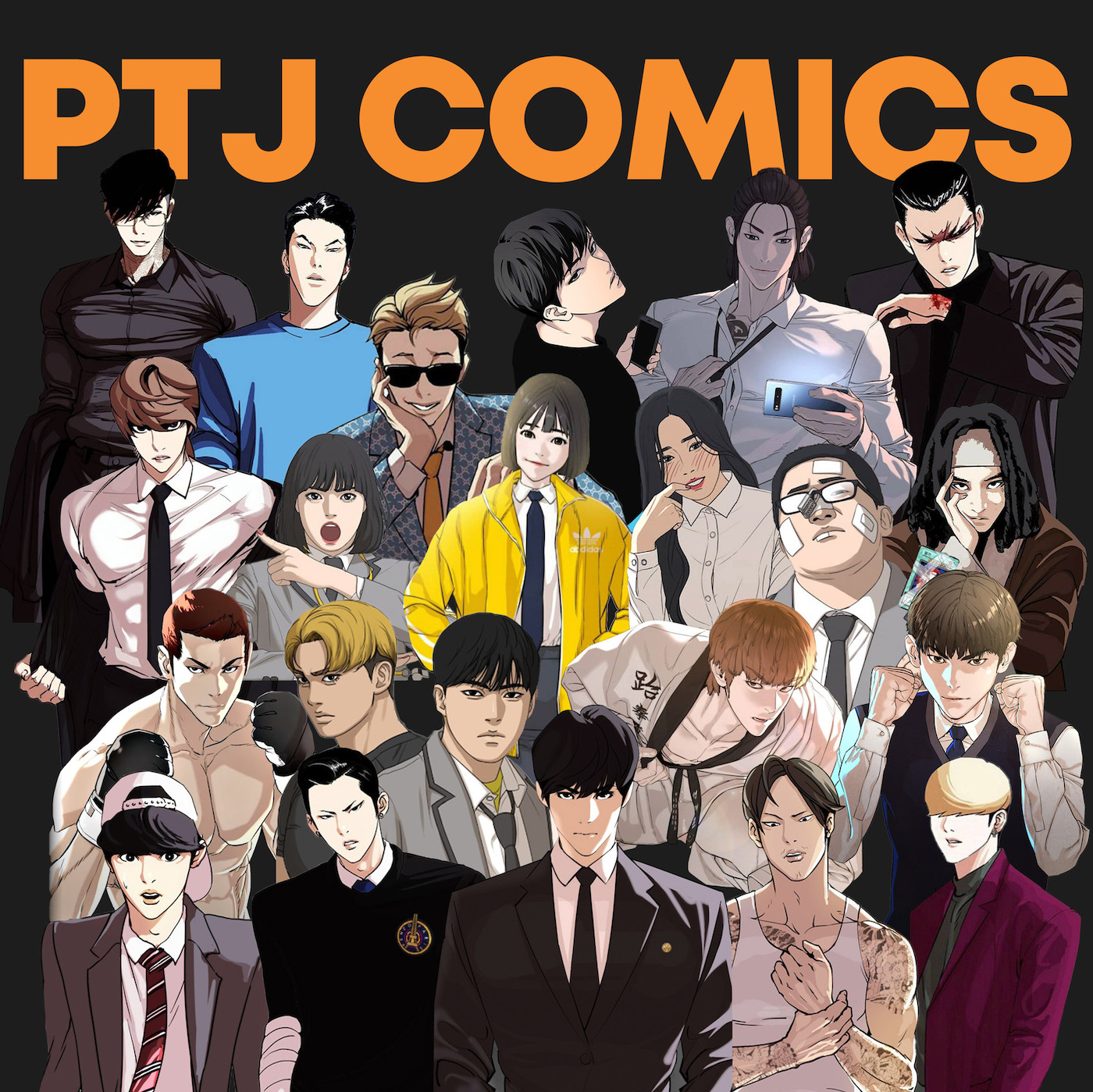
Please send over your webtoon (just one chapter is okay!) in any format, along with your name/pen name and title, and you'll receive a response within 10 days after your work has been reviewed.
Send your work to suggestion@ptjcomics.com
We're looking forward to checking out your manuscripts!
>>PTJ Comics website (Korean)<<

